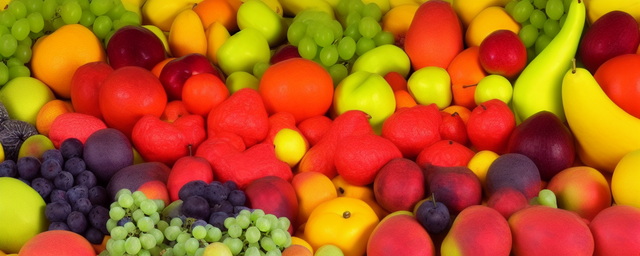Ripening fruits artificially can have several potential risks and drawbacks. Here are some of the main concerns associated with artificially ripened fruits:
1. **Health Risks**: One of the primary concerns with artificially ripened fruits is the potential health risks associated with the chemicals used in the ripening process. Ethylene gas, calcium carbide, and other chemicals are commonly used to accelerate the ripening process, and residues of these chemicals may remain on the fruit, which can be harmful if consumed in large quantities.
2. **Toxicity**: Calcium carbide, a commonly used chemical for artificial ripening, can be highly toxic if not handled properly. It can release acetylene gas, which is a known carcinogen and can have adverse effects on human health if ingested. Prolonged exposure to calcium carbide can lead to serious health issues such as gastrointestinal problems, neurological disorders, and even cancer.
3. **Nutrient Loss**: Artificially ripened fruits may not have the same nutritional value as naturally ripened fruits. The use of chemicals and gases to speed up the ripening process can result in a loss of essential nutrients, vitamins, and antioxidants in the fruit. This can impact the overall quality and health benefits of the fruit.
4. **Taste and Flavor**: Fruits that are artificially ripened may lack the full flavor and aroma that naturally ripened fruits possess. The use of chemicals and gases to hasten the ripening process can affect the taste and texture of the fruit, resulting in a less satisfying eating experience.
5. **Allergic Reactions**: Some individuals may be sensitive or allergic to the chemicals used in the artificial ripening process. Consuming artificially ripened fruits can trigger allergic reactions in susceptible individuals, leading to symptoms such as skin rashes, itching, swelling, or respiratory issues.
6. **Environmental Impact**: The chemicals and gases used in artificial ripening can have negative environmental consequences. Improper disposal of these substances can contaminate soil and water sources, leading to pollution and ecological damage.
In conclusion, while artificially ripened fruits may offer convenience and a longer shelf life, they come with potential risks to human health, the environment, and overall fruit quality. It is advisable to opt for naturally ripened fruits whenever possible to ensure optimal nutrition and safety.

